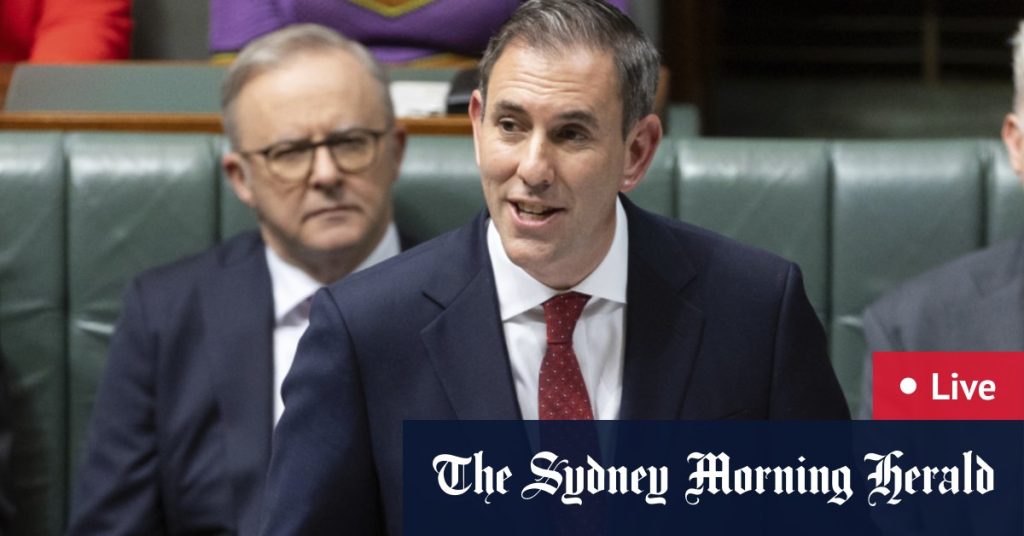In his budget announcement, Treasurer Jim Chalmers revealed a significant $3.5 billion energy subsidy aimed at supporting the country’s struggling energy sector. The subsidy is intended to stimulate growth and boost investment in the industry, which has been impacted by a range of challenges including declining demand and increasing competition. Chalmers emphasized the importance of this support package in addressing the energy sector’s needs and fostering a more sustainable and resilient economy.
Meanwhile, in a separate development, defence whistleblower David McBride was sentenced to jail for his role in leaking classified information to the media. McBride’s actions had been controversial, with some viewing him as a hero for revealing alleged wrongdoing within the defence force, while others condemned him for breaching national security protocols. The case ignited a debate around the protection of whistleblowers and the balance between transparency and national security in Australia.
The energy subsidy announced by Chalmers reflects the government’s commitment to addressing the challenges faced by the energy sector and promoting its growth and development. By providing financial support to industry players, the government aims to stimulate investment, create jobs, and enhance the sector’s competitiveness. The subsidy is expected to have far-reaching effects on the economy, helping to drive economic recovery and foster a more sustainable energy landscape.
On the other hand, McBride’s sentencing underscored the complexities surrounding whistleblowing and the protection of classified information. While whistleblowers play a crucial role in exposing wrongdoing and holding institutions accountable, their actions can also have serious consequences, as seen in McBride’s case. The legal proceedings against McBride highlighted the need for a robust legal framework to address cases of whistleblowing and ensure a fair and transparent system for handling classified information.
The budget announcement by Treasurer Jim Chalmers and the sentencing of David McBride represent two significant developments in Australia’s economic and legal landscapes. The energy subsidy is poised to impact the energy sector significantly, supporting its growth and resilience in the face of various challenges. McBride’s case, on the other hand, raises important questions about whistleblowers’ rights and responsibilities, as well as the balance between transparency and national security in the country.
Overall, these developments underscore the importance of striking a balance between supporting key industries like energy and upholding national security protocols. As Australia navigates its way through economic recovery and various legal challenges, it will be crucial for policymakers to address these issues thoughtfully and effectively, considering the broader implications for the country’s economic growth, security, and democratic principles.













